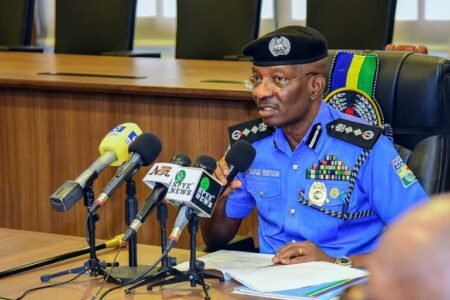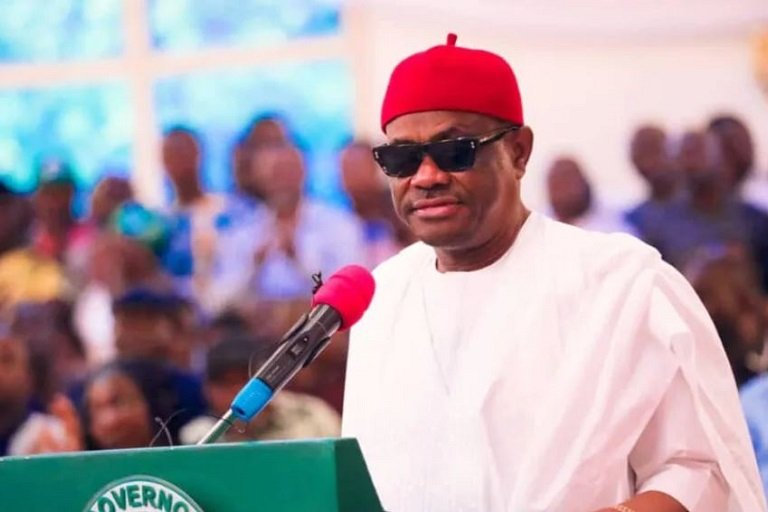Lebanese army chief Joseph Aoun was elected as president in a second round of parliamentary voting on Thursday, ending a more than two-year vacuum in the crisis-hit, war-battered country.
He is widely regarded as the favoured choice of both the United States and regional heavyweight Saudi Arabia, and he is viewed as the best candidate to sustain a fragile ceasefire and pull the country out of financial crisis.
Analysts believe Aoun, who turns 61 on Friday and is regarded as a “personal integrity” man, might be the appropriate choice to finally succeed Michel Aoun—no relation—whose term as president ends in October 2022.
A dozen earlier attempts to elect a president failed due to tensions between Hezbollah and its opponents, who accused the Shiite party of trying to impose its favoured candidate.
Since taking over the army command in 2017, he has led the institution through a national financial crisis that has devalued the currency and, with it, the value of his soldiers’ salaries, upsetting an institution that has provided internal stability since the 1975-90 civil war.
Aoun was instrumental in securing a 60-day ceasefire brokered by the United States and France in November.
The arrangements call for the Lebanese military to deploy into southern Lebanon while Israeli troops and Hezbollah depart.
Aoun “has a reputation of personal integrity,” stated Karim Bitar, an international relations expert at Beirut’s Saint-Joseph University, to AFP.
He came to prominence after leading the army in a battle to drive out the Islamic State group from a mountainous area along the Syrian border.
“Within the Lebanese army, he is perceived as someone who is dedicated… who has the national interest at heart and who has been trying to consolidate this institution, which is the last non-sectarian institution still on its feet in the country,” Bitar said.
Aoun was set to retire last January; however, he has had his mandate extended twice—most recently in November.
Aoun, who speaks Arabic, French, and English, is from Lebanon’s Christian community and has two children.
The presidency is traditionally held by a Maronite Christian, the premiership by a Sunni Muslim, and the position of parliament speaker by a Shiite Muslim.











